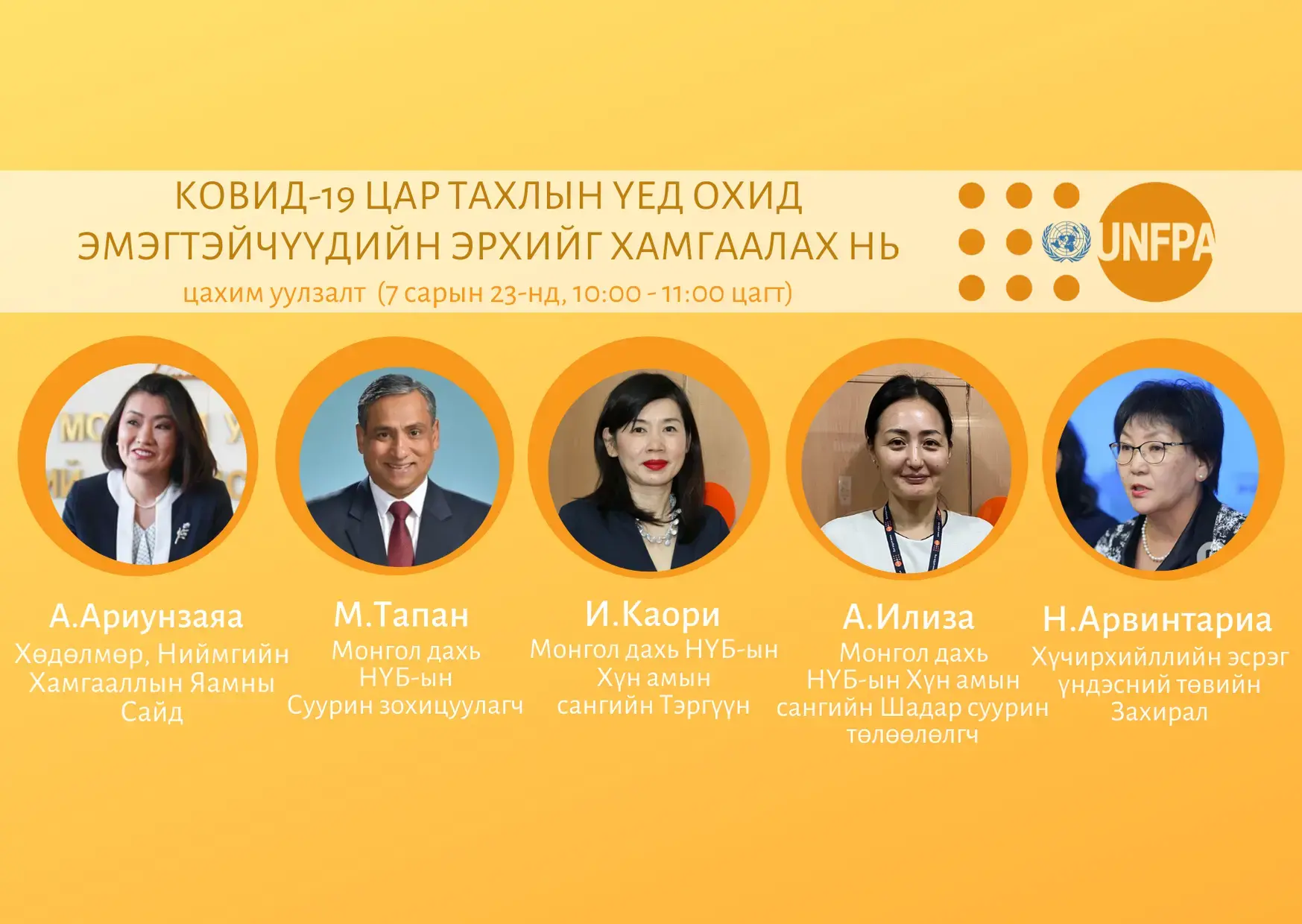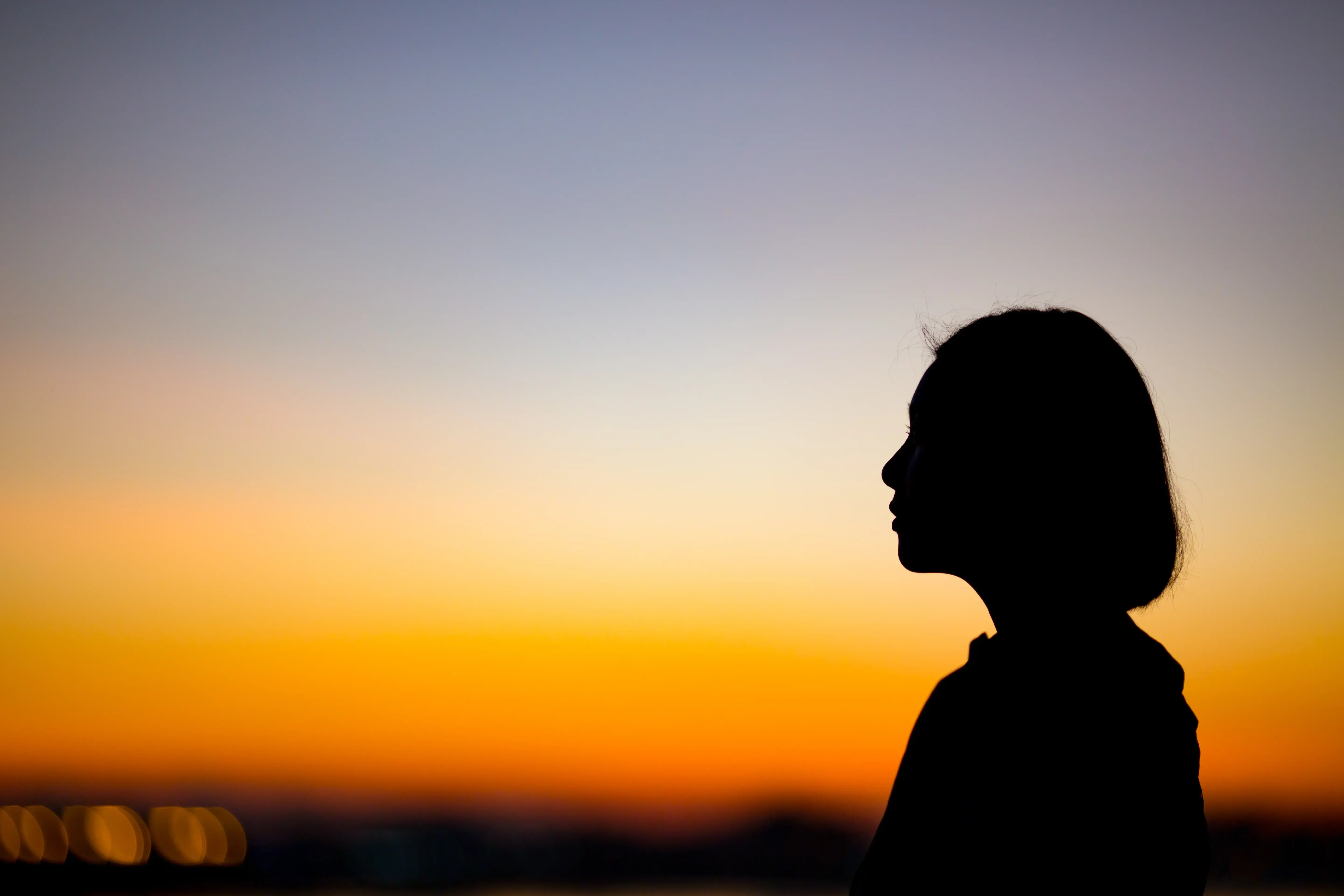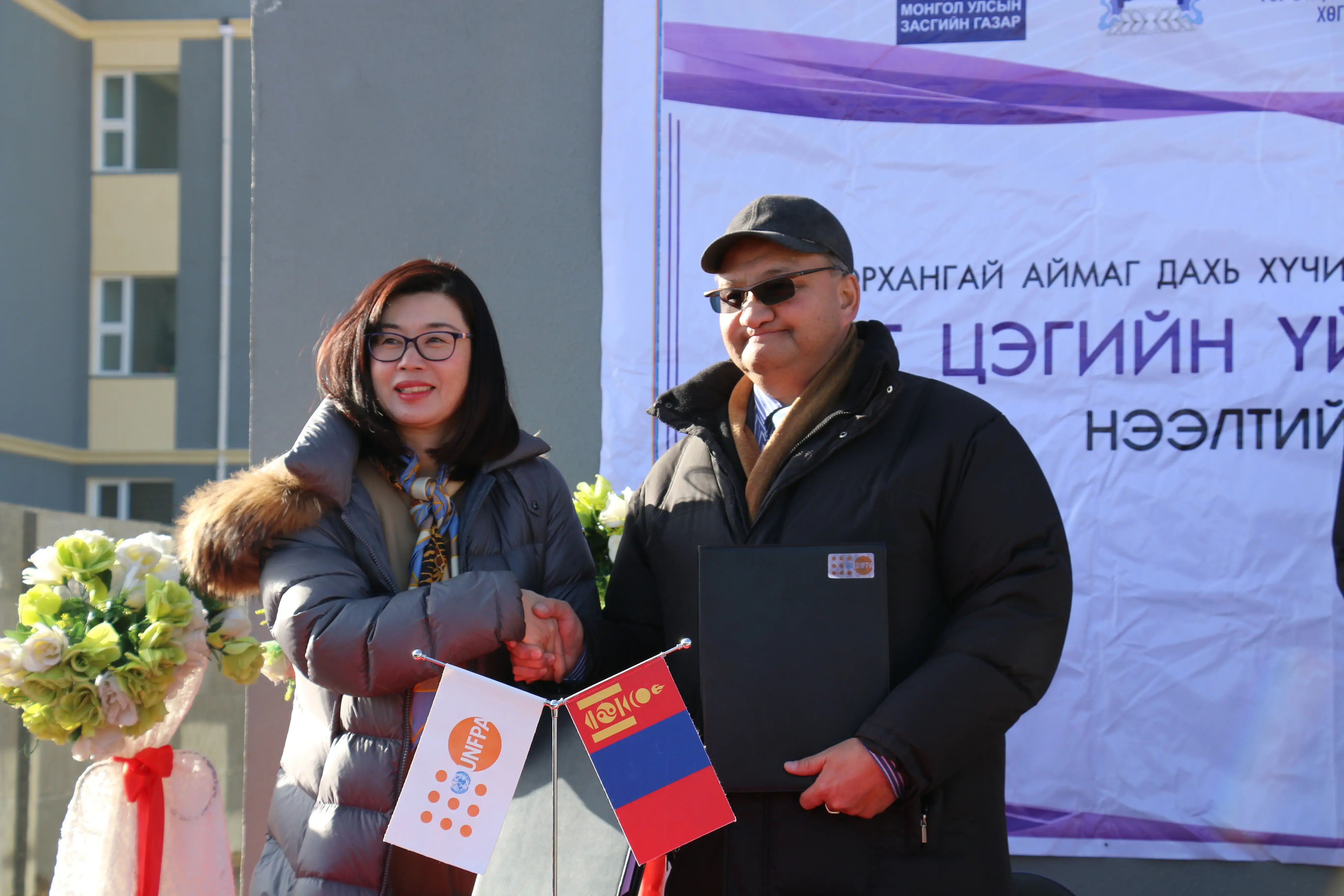
Doljin and her husband moved to Ulaanbaatar some 10 years ago. Set against the grungy 2000s, the young family and their new baby had tremendous difficulties ahead of them. These were the years when Mongolia’s development was undermined by a non-performing economy that led to increasing poverty and other complex social problems. The hardest hit was the soum centers; these towns in remote areas that had to cope with unemployment, poor healthcare and education, alcoholism, and an uptick in incidences of domestic violence.
The decision to move to the capital struck Doljin and her husband Bataa almost simultaneously. Thinking that most of their friends and family have already relocated and seem to be faring much better than they were, the couple carried this thought privately for months before broaching the subject with each other. To their surprise, they discovered that they both wanted to take this chance. However, they knew that it would not be easy, especially in the beginning.
“Our extended family helped us initially when we first came to Ulaanbaatar,” said Doljin. “But we could not ask for their help for too long.”
What little money they earned from selling their parents’ livestock of some 200 sheep and goats was only good for buying a khashaa and the initial expenses of settling in. Food, clothes, coal, water, and other basic necessities cost 7 times more in the ger districts than in apartments. Life was already difficult for the family when Doljin discovered that she was pregnant again.
“We could not afford contraception,” said Doljin. “If I only knew then that there are UNFPA Reproductive Rights Programmes, I would have joined them.”
The lack of social support, the inability to access information, the sense of isolation in an unfamiliar place – these compounded the everyday problems that the couple faced, and they found themselves fighting more often than usual.
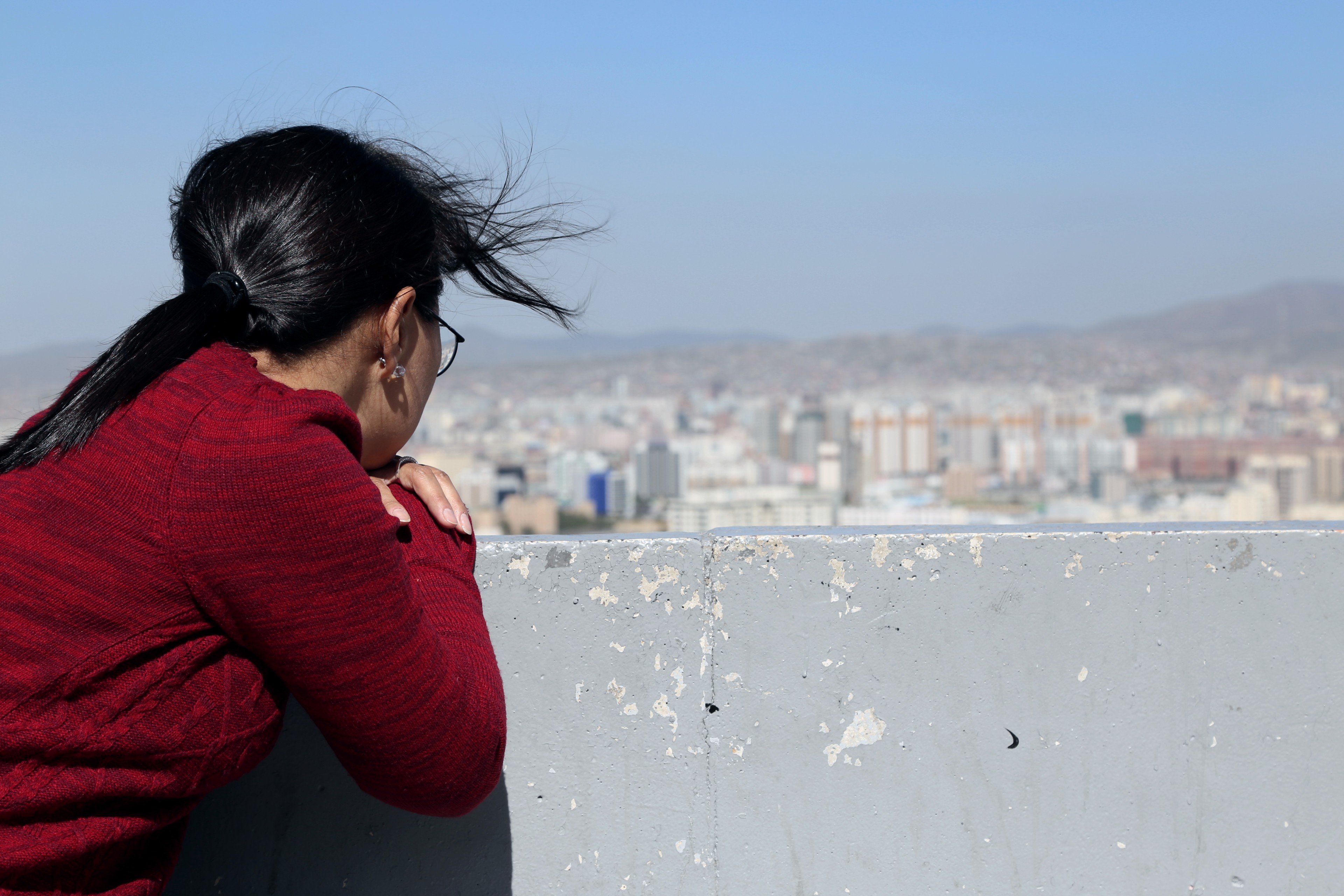
[ ⓒ UNFPA Mongolia | Picture for Illustrative Purpose]
“I sat home with the kids all day. They could not get accepted into any kindergartens because they were not registered in Ulaanbaatar,” Doljin said with a tremble in her voice and tears in her eyes.
“My husband ended up picking up garbage to feed us. He started drinking and would come home late at night all drunk, angry and violent.” Doljin started shaking as she shared these memories. Her tears flowed continuously as she nervously fidgeted and tore at the piece of cloth in her hands. “This was when the hell began.”
Doljin’s story is heartbreaking, but unfortunately it is not an uncommon one. “This is often the pattern of domestic violence: a situation of gender inequality exacerbated by a family situation of unmet needs for basic necessities, social services, and family planning,” said B. Oyun, the head of the Gender Programme of UNFPA Mongolia.
Doljin and her children were living through hell, and this experience landed them multiple times in trauma hospitals with broken bones, bleeding heads, and skin torn apart with glass, but it could have just as easily ended with even worse outcomes had they not found respite in the One Stop Service Center in the Bayanzurkh District of Ulaanbaatar.
[ ⓒ UNFPA Mongolia | Picture for Illustrative Purpose]
OSSC brings hope, protection and support
The OSSC in the Bayanzurkh District opened its doors on 20 March this year. A small fenced house just off the main road was donated by the District for this purpose, and it was repaired and furnished to accommodate survivors of gender-based violence (GBV) with the 63 million MNT contribution from UNFPA and the Swiss Agency for Development and Cooperation (SDC). Each and every piece of furniture carrying the orange UNFPA logo is a testament to the commitment of the UN agency for sexual and reproductive health to improve the lives of survivors.
UNFPA has long been at the forefront of initiatives to combat GBV, and the agency's work in setting up shelters for survivors of domestic violence started long before the new amendments to the Law Combating Domestic Violence stipulated that every province and every district in Ulaanbaatar must have these shelters.
"It was a very important amendment that help us raise funds to help Mongolia set up these critical shelters," said Iliza Azyei, Assistant Representative of UNFPA Mongolia.
With the legal framework in place, UNFPA partnered with the SDC and launched a four-year project that sought to strengthen the country's capacity to respond to and prevent GBV. One important initiative is to set up OSSCs in provinces and districts with the highest rate of GBV. These Centers not only protect survivors by offering them shelter in a safe and secure space for as long as they need, but they also provide survivors with the necessary medical, psychological, legal and social support they need to heal and recover from the trauma. The Center in Bayanzurkh, the district that Doljin and her family has called home for the past decade, is one of the 13 OSSCs built from the collaborative efforts of the Mongolian Government, UNFPA, and SDC.
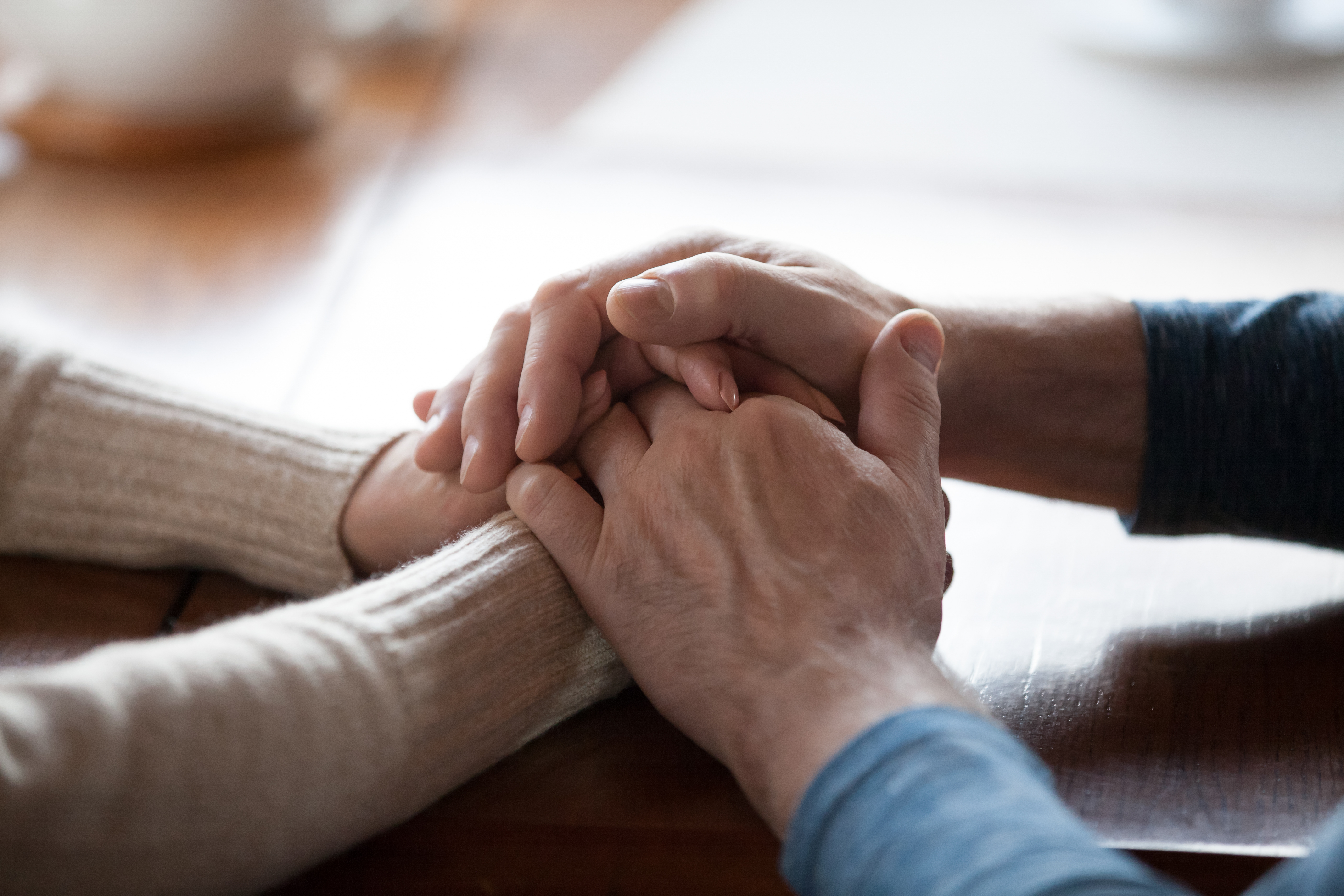
[Picture for Illustrative Purpose]
Working with perpetrators
"Serving women and working with men is of equal and utmost importance in ending GBV," said Kaori Ishikawa, UNFPA Mongolia's Head of Office, at the opening of the Bayanzurkh OSSC. With 88% of survivors of domestic violence being women and girls, working with men, who are most often the perpetrators, is essential in GBV prevention. "Improving support for survivors and mitigating the consequences of violent acts must go hand in hand with understanding the root causes of GBV and providing the necessary measures to target these."
This was exactly what saved Doljin and her children, and what opened the possibility of reuniting with her family.
"We deploy multidisciplinary teams, which we call Joint Teams, that are made up of social workers and psychologists from the OSSCs, as well as medics, policepersons, and other social workers from khoroos (sub-districts) to comprehensively resolve cases by reaching the best possible outcomes," said Enkhtuya, a social worker of the Bayanzurkh OSSC.
One of the key components of the comprehensive response to GBV is working with perpetrators. While some perpetrators may be detained depending on the level of threat that they pose, all perpetrators undergo educational and psychological training that not only explains to them the causes of violence, but also teaches them ways to manage their emotions and control themselves in non-violent ways. Similar training and counselling sessions are held for couples as well to learn about non-violent ways of expressing emotions and resolving family conflicts.
Doljin and her husband underwent some of these training sessions. "In the past, we never even attempted to cool down and discuss a problem together," said Doljin with an embarrassed smile. "We never managed to get to the point where we could analyse the situation and find ways out of a problem as rational beings."
Doljin shared that learning methods of calming down and working through situations together became a turning point in their life and their relationship. "Now, we live our lives trusting and supporting each other," said Doljin. "Surprisingly, we became so much better off, even financially, because we started solving our problems as one big family. We even involve the young ones in our family decision-making."
This inclusion improved the self-confidence of her children. The peace and positive environment also immediately translated to better learning and school adaptation.
"The OSSC saved my family," Doljin said. "Without this Centre, I'm afraid my family would not have survived any longer."
The Centre also helped Doljin enrol her two youngest in kindergarten and helped find a job for her husband. The Centre proved that a multidisciplinary approach, adequate social support, and human connections can altogether make miracles.

[Picture for Illustrative Purpose]
"There are many more families in our district who need our help and support," said Ariuntuya, Head of the Bayanzurkh OSSC. As a former police officer, Ariuntuya knows too well how critical such services are in the district, which leads the capital city numbers on poverty and unemployment. "Our OSSC can only take in 4 people at a time. Unfortunately, we cannot keep the survivors for more than 3 to 5 days."
When the survivors need further support, they are transferred to the Ulaanbaatar City Protection Unit until the courts make a decision regarding what to do with the perpetrators. Sometimes, domestic violence survivors spend months in this unit.
"This is why continuous work on GBV prevention with society at large, especially with the youth, is very important," said B. Oyun. This is a need targeted by another initiative of UNFPA. The Youth Development Project conducts education training for young people on family planning, as well as other aspects of family life, healthy relationships, and conflict resolution.
"These trainings are based on 13 scientifically-developed volumes, and they are conducted in our Youth Development Centres located both in Ulaanbaatar and in the countryside," said Z. Uyanga, Manager of the Youth Development Project. "The Youth Development Council who undergoes this training also then train others to create a multiplier effect."
The landmark 2017 National Gender-Based Violence Study, conducted by the National Statistics Office and supported by UNFA, revealed that 58% of women in Ulaanbaatar suffered some form of intimate partner violence at least once int heir lifetime while 35% suffered some form of intimate partner violence at least once in the last 12 months.
These figures indicate the urgency to address this problem, and how the Mongolian society responds today will define the future health and happiness of families in the country.
“With the scale of GBV and domestic violence in Mongolia, opening OSSCs must only be the beginning of this fight to end GBV in the country,” said Ishikawa. “We have a long way to go, but the important thing is that we started this journey together with the Mongolian people and the Mongolian government. Together, we can make Mongolia a peaceful and prosperous society where the rights of every woman, man, and child is respected and protected.”
[Fin]

